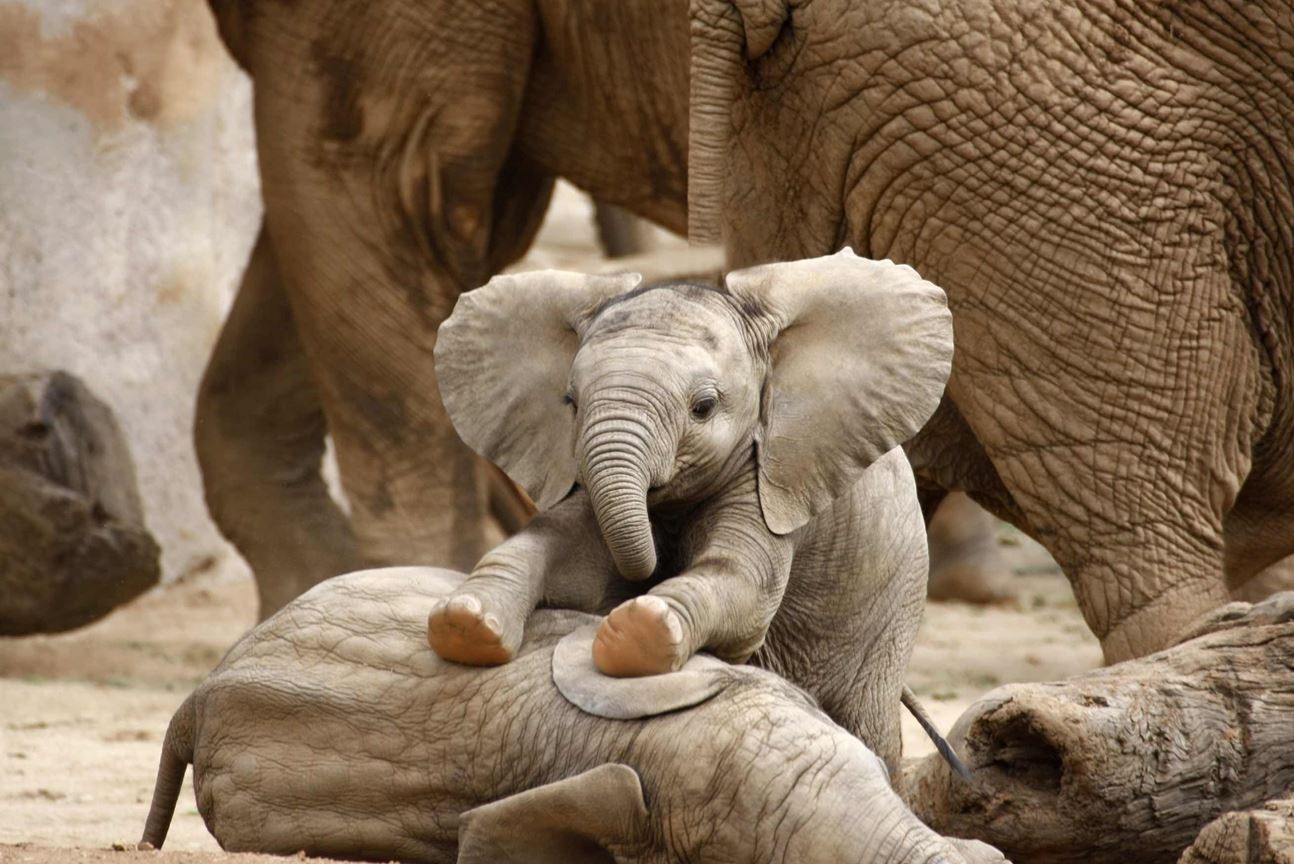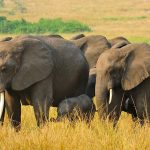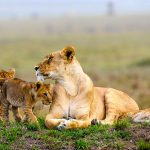The Wonders of Life: Exploring the Gestation Period and Lifespan of the African Elephant
The Gestation Period and Lifespan of an African Elephant. The African elephant, a majestic and iconic species, has captivated the world with its intelligence, social structure, and sheer size.
Gestation Period:
The gestation period of an African elephant is a remarkable journey that spans an extended duration. On average, female elephants carry their developing young for an astonishing 22 months – the longest gestation period of any land animal; This lengthy period is essential for the proper development of the elephant fetus, ensuring that the calf is born with a well-developed body and is better equipped to navigate the challenges of the African wilderness.
During pregnancy, female elephants undergo physical and hormonal changes to accommodate the growing fetus. The expectant mother receives support from her herd, as they collectively ensure her safety and well-being. The bond between members of the elephant family is crucial during this time, emphasizing the strong social structure that characterizes these intelligent creatures; The birth of an elephant calf is a momentous occasion, typically taking place in a secluded area within the herd to provide protection from potential predators. Newborn calves are not only met with the loving care of their mothers but also receive assistance and protection from other herd members.
Lifespan:
African elephants are known for their long lifespans, comparable to those of humans. On average, these magnificent creatures can live up to 60 to 70 years in the wild. However, their longevity is influenced by various factors, including environmental conditions, food availability, and protection from threats such as poaching and habitat loss; The early years of an elephant’s life are marked by close maternal care, with the mother guiding the calf through the intricacies of survival in the African wilderness; As the young elephant matures, it becomes an integral part of the herd, contributing to the social dynamics and learning vital skills for independent living.
In the wild, elephants face numerous challenges, including predation, habitat degradation, and human-wildlife conflict. Conservation efforts are crucial to ensuring the continued existence of these remarkable creatures. Protected areas, anti-poaching initiatives, and community involvement play pivotal roles in safeguarding the future of African elephants.
Conclusion and Remarks – The Gestation Period and Lifespan of an African Elephant
The gestation period and lifespan of the African elephant are testaments to the complexity and resilience of this species. From the lengthy gestation period that nurtures the developing fetus to the multi-decade lifespan that allows for generational wisdom and social bonding, these aspects of the African elephant’s life are a source of fascination and admiration; As we marvel at these majestic creatures, it is imperative that we recognize the importance of conservation efforts; By understanding and protecting the unique aspects of the African elephant’s life cycle, we can contribute to the preservation of this iconic species for generations to come.








